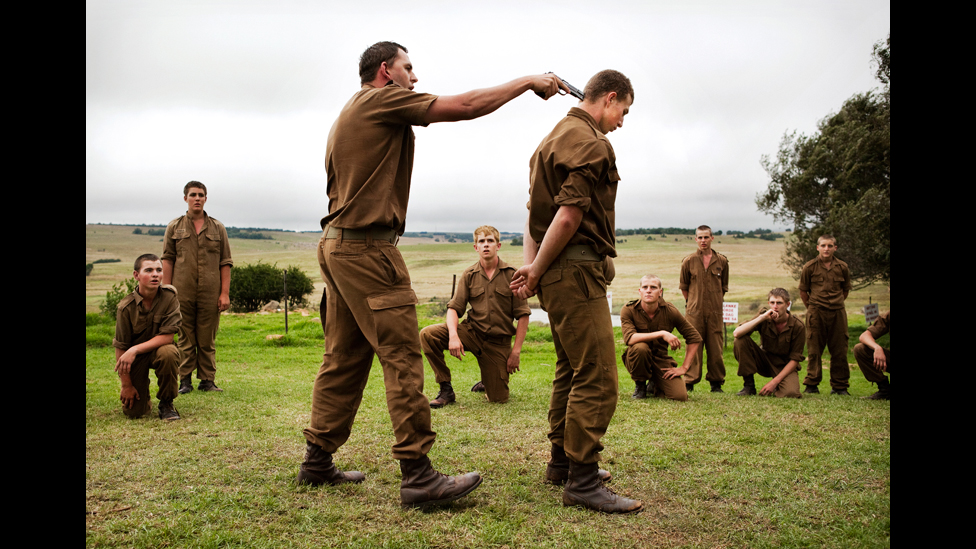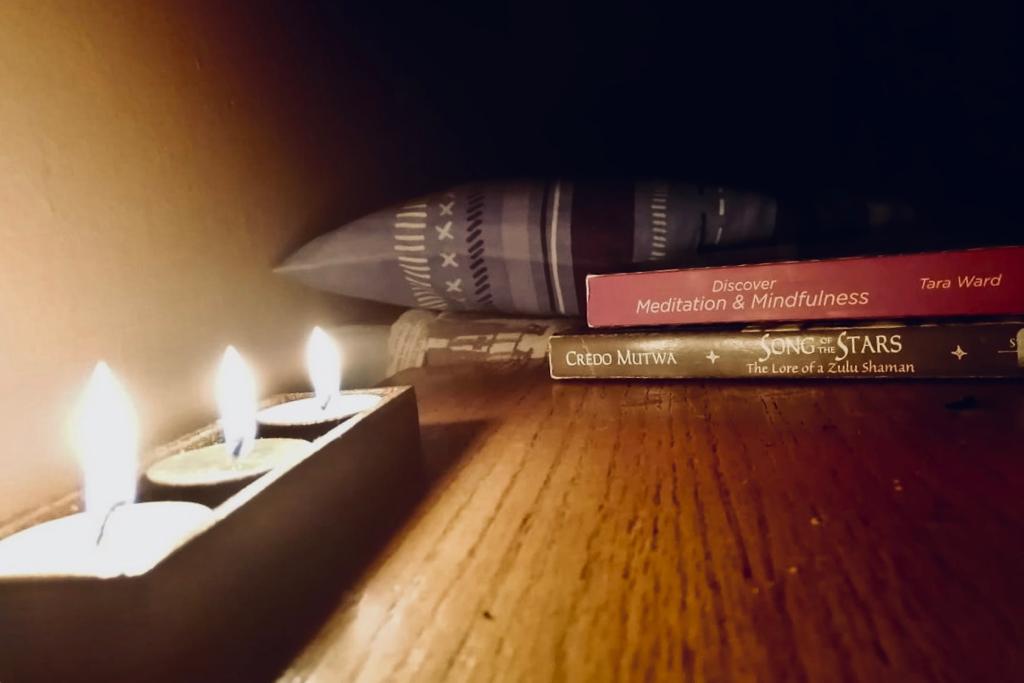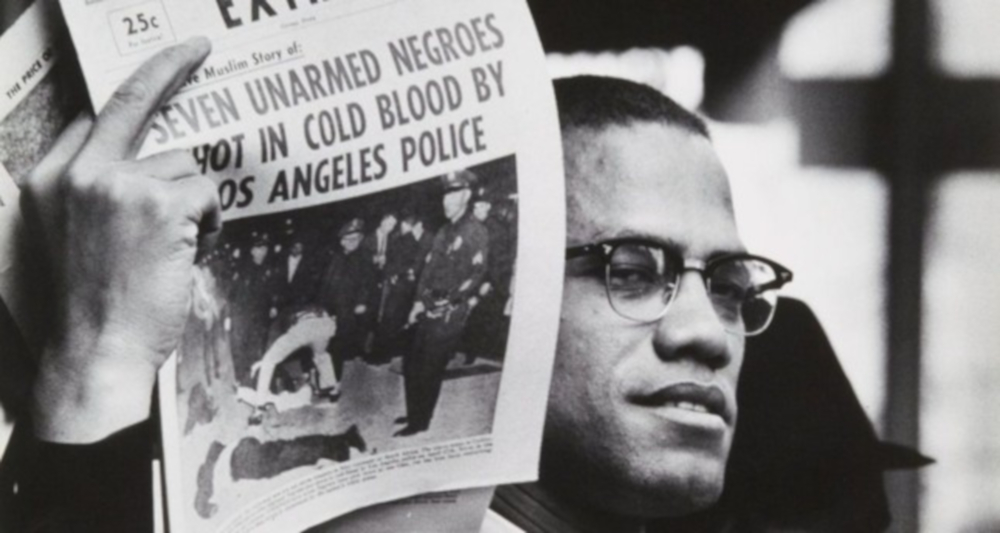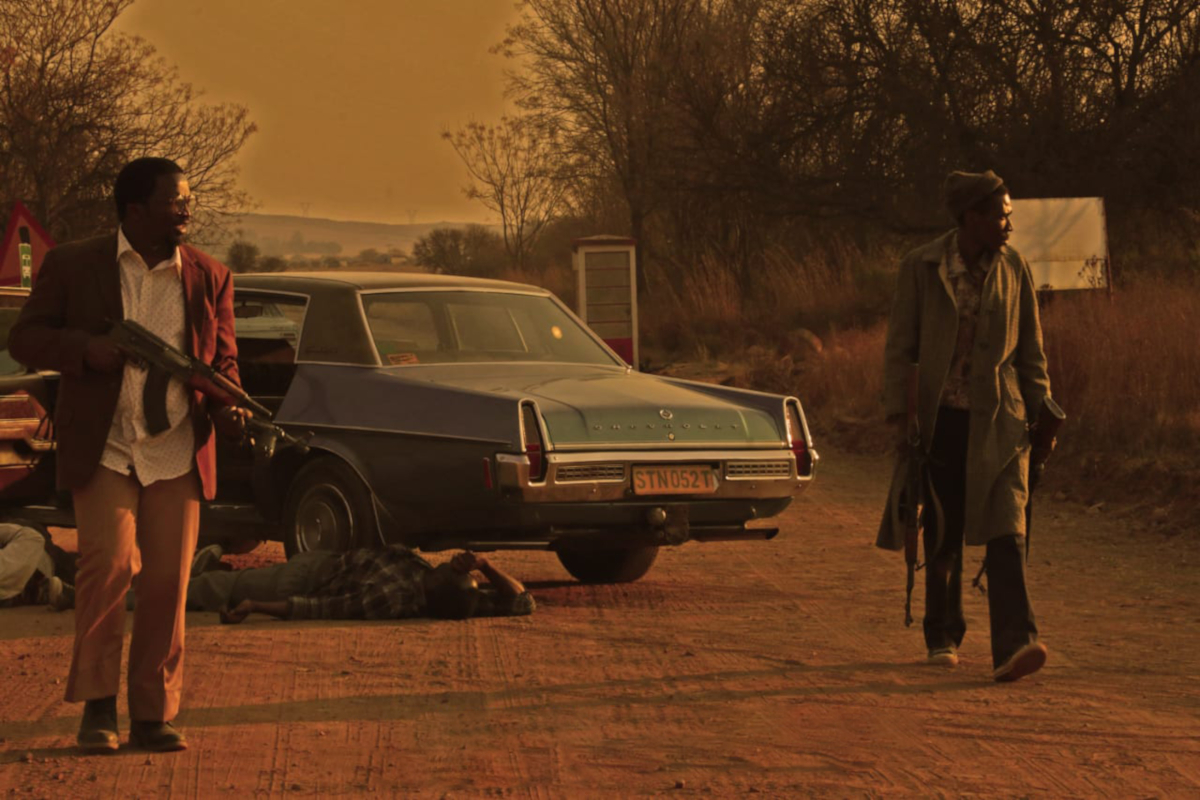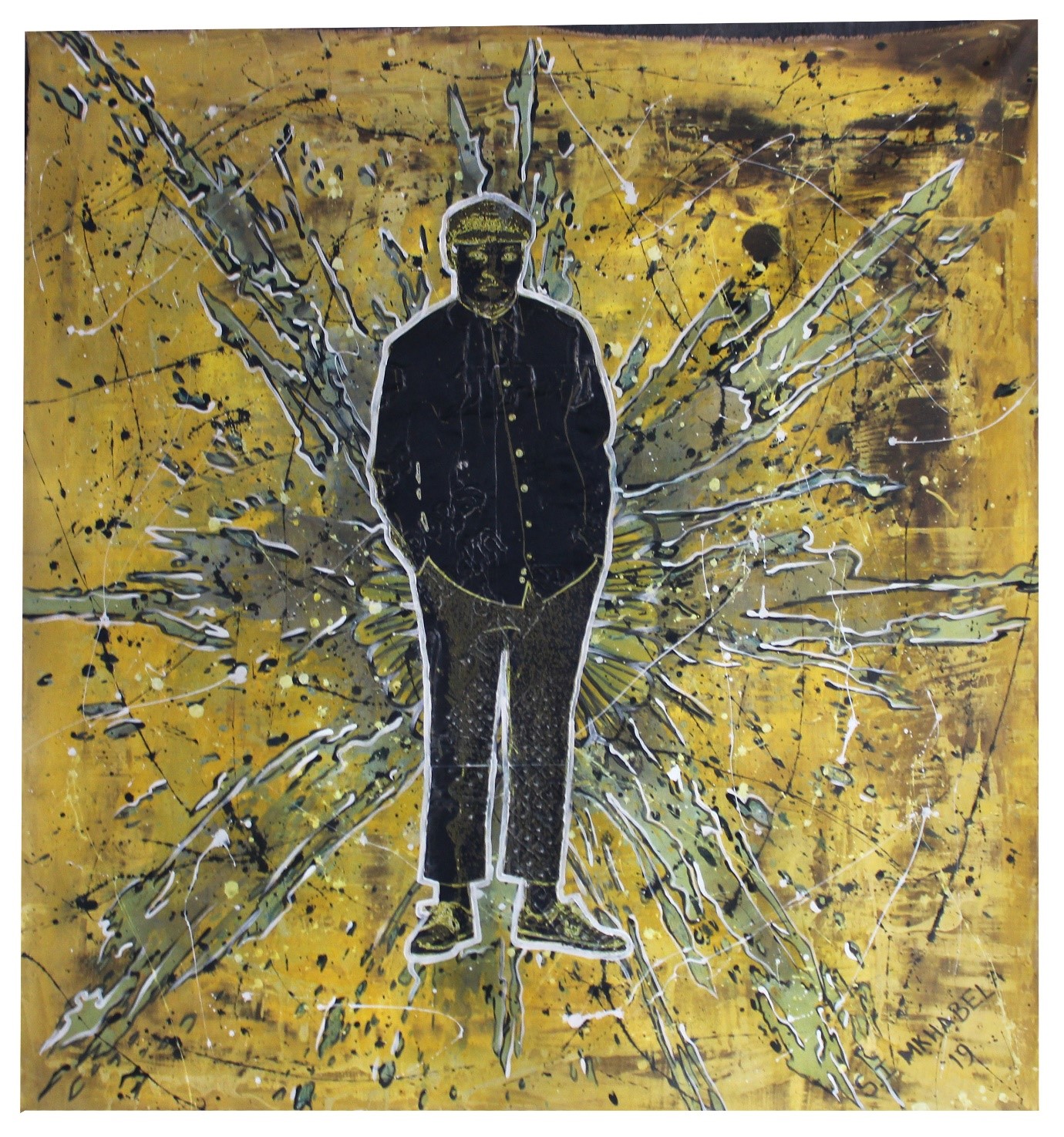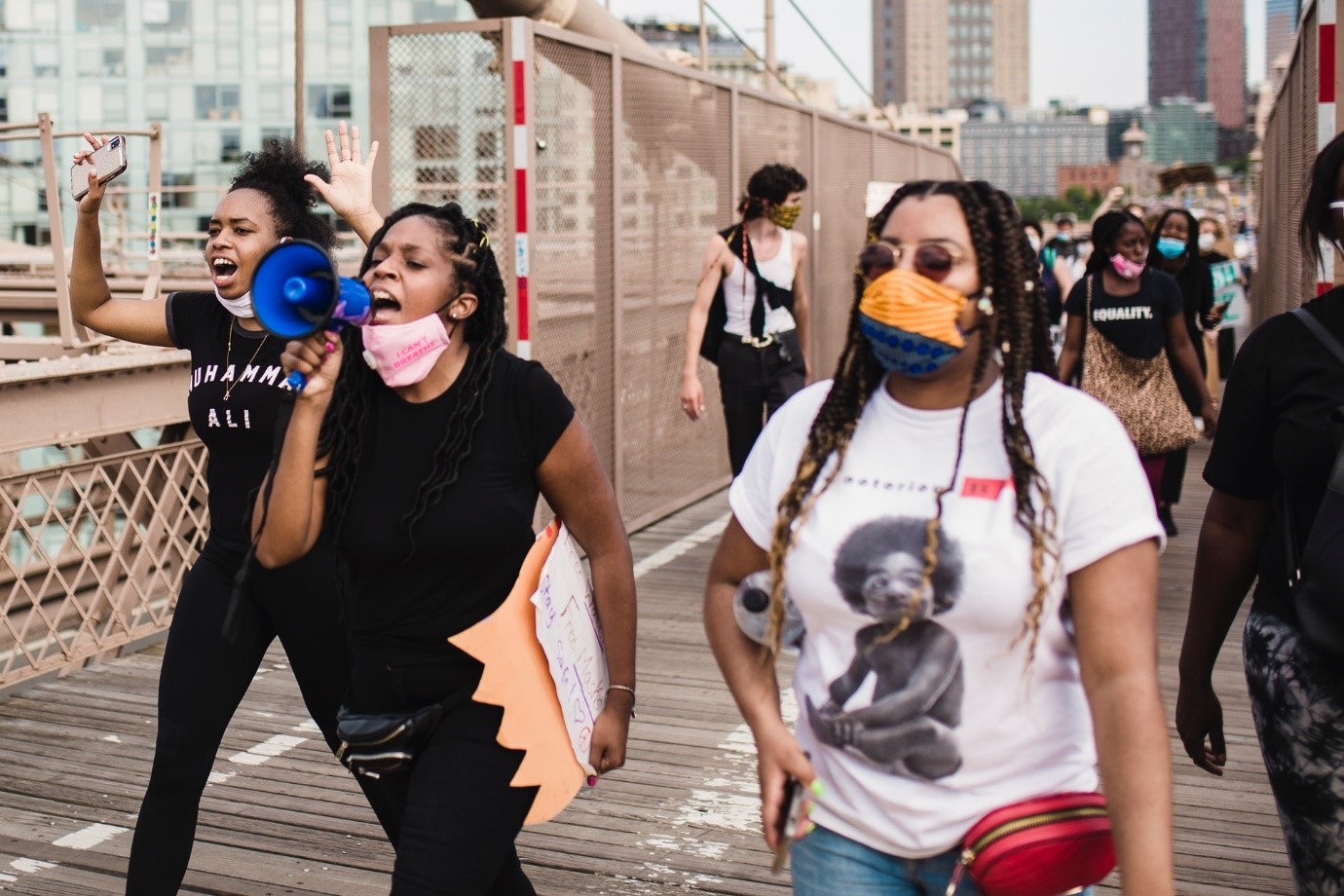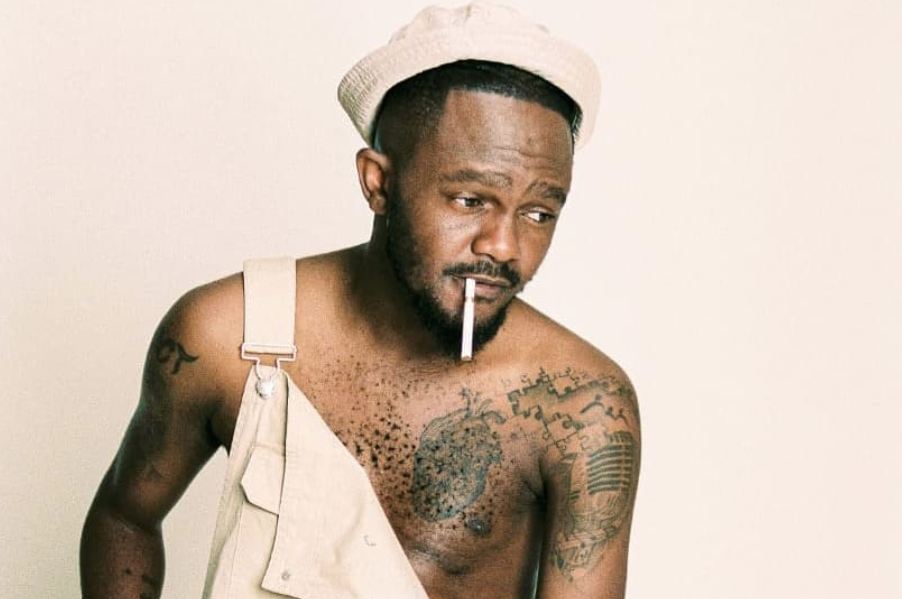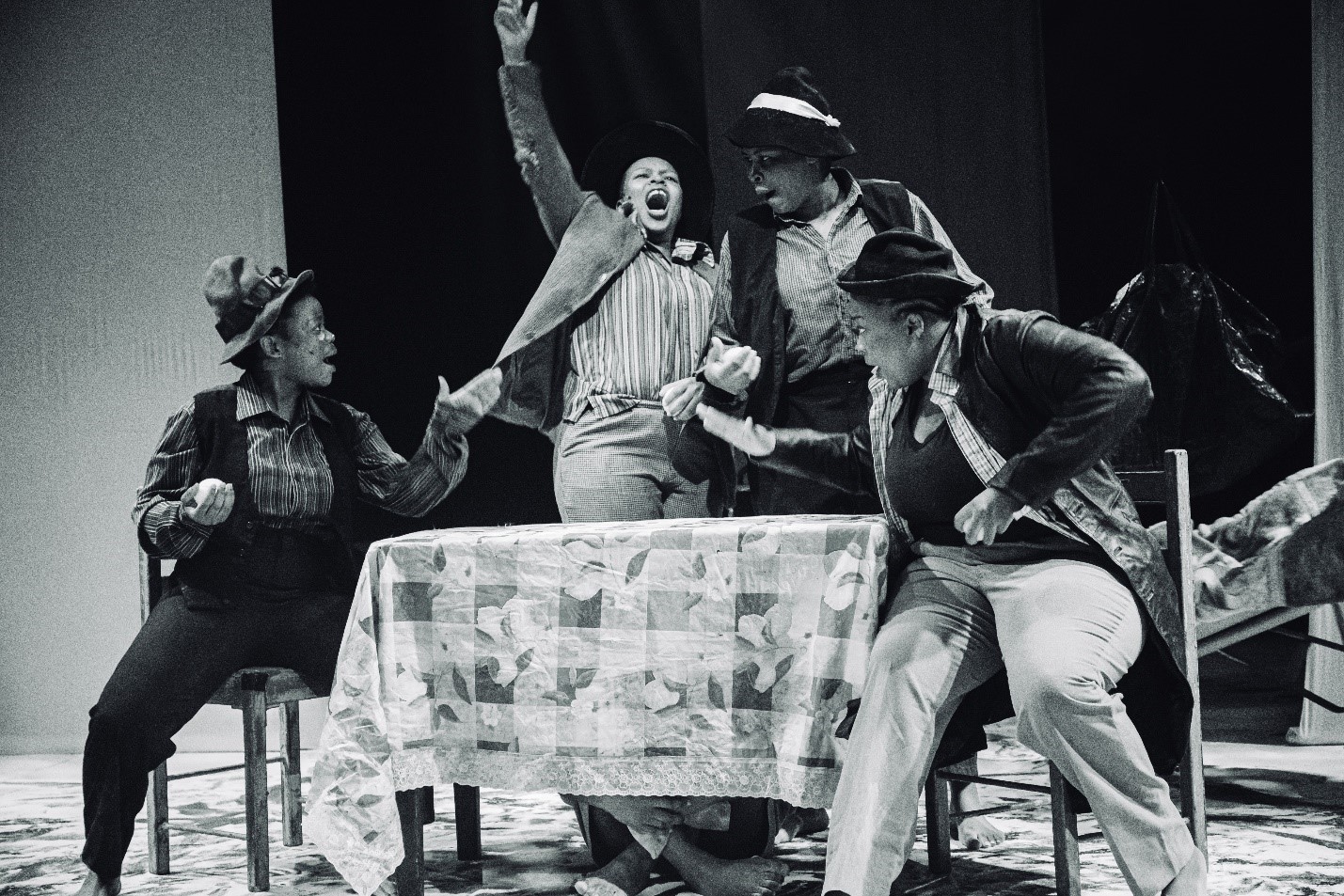Black History Month is coming to an end on the other side of the Atlantic. Just on the 21st we remembered the death of Malcolm X (among other atrocities visited on African bodies by global colonisation and racism).
On the home front, February has been rather troubling for race relations, forcing us to look our own history in the mirror. If only the month could end already! But, as luck would have it, it’s a leap year. We have an extra day to look forward to.
All humour aside though, time is never the issue. It’s the people who inhabit time, and more importantly, the times that their ideologies reflect, that matter.
The hand often credited with painting the rainbow nation is long gone. The colours of its work are faded. Yet, FW de Klerk, the man who held the palette of democracy alongside Mandela, is still alive. If it weren’t so heartbreaking, it would be laughable that some were stunned by his recent ‘apartheid wasn’t a crime against humanity’ comments. Even more bizarre was the apology from his foundation.
But let’s part with the former president. Let’s consider, instead, that the regime he presided over was voted for and sustained (largely) by white individuals through the mechanism of a ‘democratic’ vote. This is besides the terror employed by the apartheid state through some of those very citizens. Let that sink in, as slowly as you like. It’s the masses who voted; but not as a crowd.
Individual citizens may stand in line. Yet, they enter the booth and mark their ballots as solipsistic beings, tethered to the wishes of their hearts and the dictates of their consciences. Had apartheid not carried material benefits for white men, women, and their children, over non-whites, the white body politic wouldn’t have held onto it so resolutely. Many in the civil service (and other state employ) wouldn’t have acquiesced to its dark demands.
The famous white faces who were on the side of African justice are well documented: Joe Slovo, Braam Fischer, Ruth First, Neil Aggett, among many, many others. In individuals such as Madeleine Fullard (Writer and Head of the Missing Persons Task Team at the National Prosecuting Authority) I’ve come to meet others who fought on the side of Africans but didn’t make the pages of iconic history. In other words, I’m well aware white people struggled against apartheid. I’m also aware some Africans lent themselves to the caucasian cause. My only concern, though, is that critical caucasian majority that was happy to routinely keep in place a whites-only democracy that stole land and various other aspects of life from Africans. These people existed. The question is: can they still be found? The answer is yes, and it’s twofold. They live and can be located, but they also exist in their children.
***
When I joined our embattled SAA many years ago and underwent training, an interesting story was relayed to our class by the facilitator. In warning us about the various encounters that would surprise us in dealing with airline customers, he recounted an experience between himself and a white toddler on board a plane. This was a story that captured my imagination in a new way around racism.
A little girl, who was extremely grateful that an African cabin attendant had gone to great lengths to get her an item she desired, said, ‘Baie dankie, Oom Kaffir/Thank you, Uncle Kaffir’. There’s no way the child was aware how much of a slur the word was, and is. But she was familiar with the use of it; though she failed by using it lovingly in gratitude.
Since then I’ve seen similar examples of this. But what it taught me was that colonially rooted racism is a thread that weaves itself, not through organisations and other civil or business structures first, but through families. It’s encouraged and nurtured within children before it is fostered by other institutions.
 Racist Kids
Racist Kids
While I doubt racist white parents sit their children down and instruct them in the same manner they do their ABCs, I do believe children watch their parents’ natural ways of being around African people. They hear conversations. They see the sub-human way in which the majority of white people in South Africa have viewed Africans for generations. Theirs, like their parents before them, is to simply replicate what they learn, at times unwittingly. And so the racist is reproduced in perpetuity, only with a modern language of pretend acceptance as part of its arsenal.
***
In South Africa, colonialism and white racism have a timeline that can be traced fairly consistently, but they have an underlying rationale that seems to shape-shift over time. From the onset, colonialism sought to set white people on the ground in droves, so they would take over the land and all it had to offer, over the aboriginal inhabitants of that land. There was an economic end of power and domination. However, a moral problem presented itself.
According to the Stanford Encyclopaedia of Philosophy, it’s suggested that: ‘in the same period when most [European] political philosophers began to defend the principles of universalism and equality, the same individuals still defended the legitimacy of colonialism and imperialism. One way of reconciling those apparently opposed principles was the argument known as the “civilising mission”. [It] suggested a temporary period of political dependence or tutelage was necessary in order for “uncivilised” [colonised] societies to advance to the point where they were capable of sustaining liberal institutions and self-government’.
Simply put, African people, and the ways in which they lived, were deemed unworthy, uncivilised, barbaric. We were to be controlled and dominated. Foreign governments (and other giants of commerce and custodians of knowledge) told this to their people. And this was the starting point at which colonialists (ordinary men, women, and children) would begin their understanding of Africans.
The only way white people could justify their domination and exploitation of us without cognitive dissonance marring their consciences, was to dehumanise us first. They deliberately failed to simply see us as culturally different beings, because they were materially invested in seeing us as secondary humans. This is a manner they would transmit to their progeny.
After many battles that would lead to the eventual defeat of some African groups, the infamous British Lieutenant-General, Harry Smith, who was the Governor and High Commissioner of the Cape Colony from 1847 to 1852, is said to have uttered the following:
 Old Apartheid Flag
Old Apartheid Flag
‘… Your land shall be marked out and marks placed that you may all know it. It shall be divided into counties, towns and villages, bearing English names. You shall all learn to speak English… You may no longer be naked and wicked barbarians… You must teach your people to bring gum, timber, hides etc. to sell…’ (Peires, 1982).
On the ground, the rationale was no longer to civilise but to explicitly exploit African people and their resources for profit. This subjugation began hundreds of years ago and lasted until 1994, supposedly. Some would argue it continues today with mostly insidious forms of racism that rest on the economic support of the ever covert neo-colonialism. A surprising phenomenon though, is that after the creation of the rainbow nation, those who, only months and years before, had supported an unjust government, had no public recollection of their roles as frontline oppressors and/or voters. And their amnesia has only become worse.
***
So where do the majority of African people stand with the majority of white people now? Well, the answer is simple: in relatively the same place as before, though with a veneer of engineered tolerance, for the most part.
In the last few years, Vicki Momberg may have become a poster-child for white racism, along with the likes of Adam Catzavelos, but it’s the late Penny Sparrow and her ‘monkeys’ I was reminded of when some of the white children at Kingswood College (Grahamstown) were outed for calling African children snoobabs, less than six months ago. Snoobab is baboons (a literal reversal of the word). De Klerk’s position that apartheid was not a crime against humanity had many of us questioning whether he did in fact see it as a crime, just against snoobabs, and not humans.
So what are African people to do with a body politic of white people that has always despised them? What are they to do with that group today, because those who are still alive, i.e. De Klerk, and those who worked for him and voted for his party, have never paid a significant price or apologised?
It was four years ago I sat with Advocate Dumisa Ntsebeza and Ms Thembi Nkadimeng, the sister of Nokuthula Simelane (the ANC operative who was abducted and tortured in 1983 by the special branch of the apartheid police). We prepared for a radio interview around the prosecution of the policemen involved in Nokuthula’s disappearance. It was to be ‘the first prosecution of apartheid-era perpetrators of crime since 2007, when a plea bargain agreement was struck between former Police Minister Adriaan Vlok and four seniors in the police force’ (Webber Wentzel, 2016). Though the accused will reportedly be setting their feet in court between 5 and 30 October 2020, they are far from paying for their crimes. And so are the perpetrators of more than 300 other neglected atrocities that the Truth and Reconciliation Commission (TRC) recommended for prosecution.
Of course we have the Ahmed Timol case in which the accused Joao Rodrigues recently failed at being granted a permanent stay of prosecution by the South Gauteng High Court for a second time. There’s also the Neil Aggett inquisition, although the family of the victim have promised the perpetrator (Nicholas Deetlefs) they will not pursue criminal action if all he does is give them the absolute truth, according to and SABC news report. So there is some publicised movement in this area of our history.
Still, the lackadaisical approach to the rest of the justice speaks volumes to children of all races who are born in this country. What have we taught those already born? What are we in danger of teaching those who are yet to come? Advocate Dali Mpofu, instead of expanding energy and resources in calling for faraway bodies to strip De Klerk of endowments that have absolutely no meaning for ordinary South Africans; instead of our legal system going for soft targets like the Vicki Mombergs of the world, why do we not move toward a South Africa in which those who perpetrated severe crimes pay for them accordingly.
As you correctly put it in your recent Newzroom Afrika interview on the matter, if we got things wrong with creating this version of post-apartheid South Africa, all we need do is try again. Let’s put all our might into tying up the ugly loose ends of the TRC instead of going to the former president’s friends and asking them to ‘unfriend’ him. Otherwise lawlessness will always be the hallmark of who South Africans are if terrorists and murderers are allowed to live as though they are not these things.
If we are brave enough to reach for justice (and perhaps a resultant kind of atonement), then we may move to a point when we see some degree of dignity and humanity in each other. This is far from an easy thing to accomplish, but accomplish it we must. The psychology of South African people cannot be unaffected by the trauma of losing loved ones, as well as facing a range of other horrors, only to be told to forgive fellow citizens who have never asked for it, and forego justice for severe crimes, while African people are locked up daily for far less.
Doing this is failing to recognise the blood of both the fallen heroes of the struggle, as well as that of ordinary people whose affected children bleed the same colour as those of white people. For, only once the children of all races know that the blood they bleed is one, and is weighted on the same scale of justice, will they realise a truer sense of equality.
Simply put, those who voted to keep apartheid in place should, if they feel the need to, form a noticeable and vocal group, like some did with that tone-deaf, and sometimes cringe worthy Facebook community called #IMSTAYING. Only this community should be formed by people of sincere repentant hearts and minds. Outside of that, those who are on record as recommended for prosecution by the TRC must be sought out, and the law must take over. That’s if our cry against FW de Klerk is honestly centred around that he presided over a government that perpetrated crimes against humanity, yet he fails to recognise that. Unless all citizens are allowed to commit crimes and simply apologise without having to face the justice system, then the faux-reconciliation course we have followed all along is baseless.

